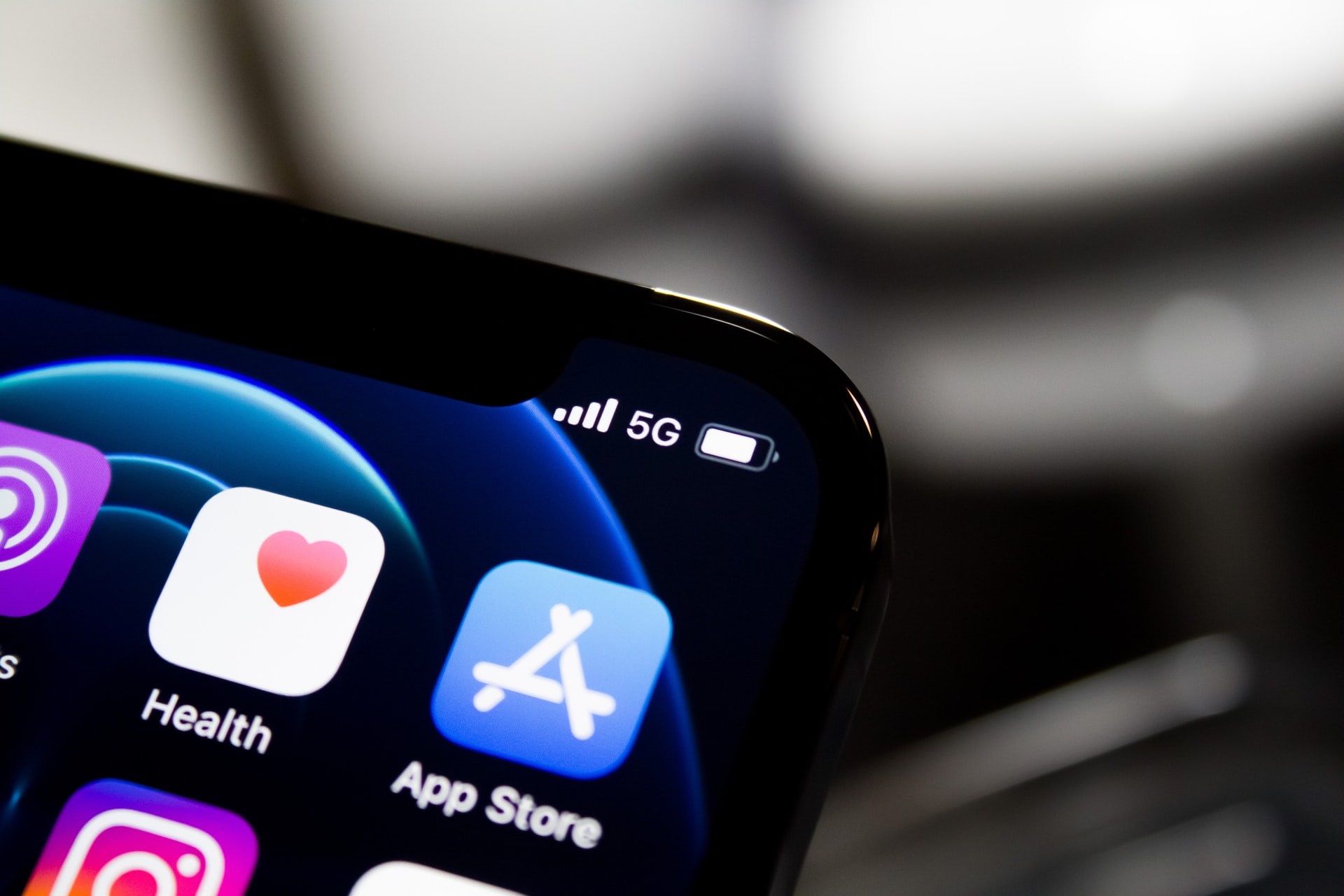App Store gave 14-year-old’s account access to apps rated ‘17+’ even though it knew user’s self-declared age
Apple knowingly lets underage users access apps intended for adults, according to an investigation by the Tech Transparency Project (TTP), despite having asked for and recorded their dates of birth. The investigation asserts a disconnect between the information Apple knows about a user, which includes their self-declared age, and the ways it polices age restrictions on its App Store.
TTP created a user account with a date of birth in February 2007, and tested to see how well Apple’s policies were applied. The group discovered that, even though the user had a self-declared age of just 14, they could download apps such as “Eros: Hook Up & Adult Chat” and “KinkD: Kink, BDSM Dating Life” from the store. Both apps are marked as “17+” by Apple’s age-rating system, but when an underage user tries to download them, they are simply presented with a pop-up notification asking them to “tap OK to confirm that you are 17 or over”.
Similarly, many adult-only apps implemented Apple’s “Sign in with Apple” technology, outsourcing account creation and validation to the platform holder. Again, even though Apple knows the age of the users involved, TTP found a total of 37 apps intended for adults that allowed underage users to sign in with their iCloud accounts and immediately access adult content. “The investigation reveals major holes in the App Store’s child safety measures, showing how easy it is for young teens to access adult apps that offer dating, random chats, casual sex and gambling, even when Apple knows the user is a minor,” said the organisation in its report on the company.
“The results undermine Apple’s promise that its App store is a ‘safe place for kids’ and that it rejects apps that are ‘over the line – especially when it puts children at risk’. Taken together, these review failures create an ecosystem that is much more dangerous for minors than advertised.” Apple declined to comment on the report, but a spokesperson pointed the Guardian to the company’s parental control features. There, parents can choose what apps children can download, set how long they can spend each day on specific apps and websites, and ensure they can only buy or download only apps appropriate for them.
